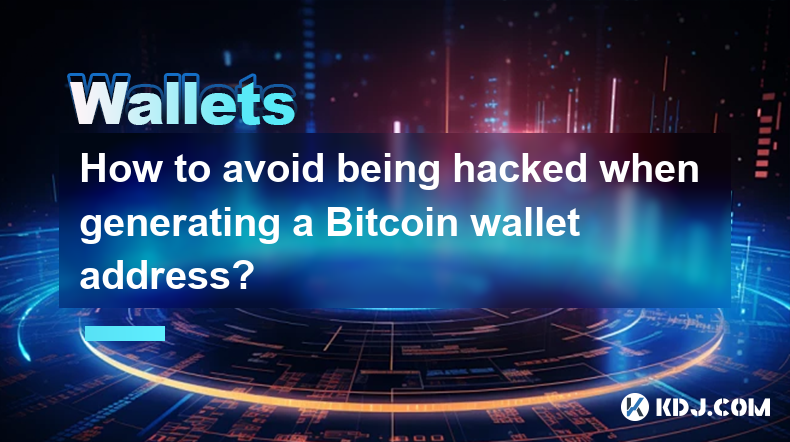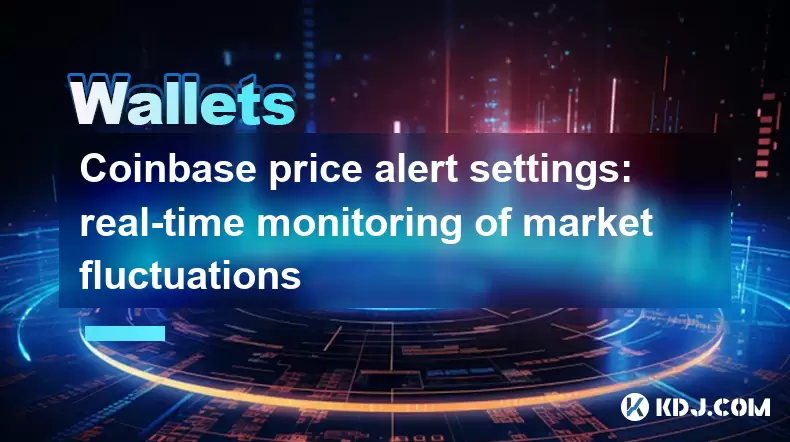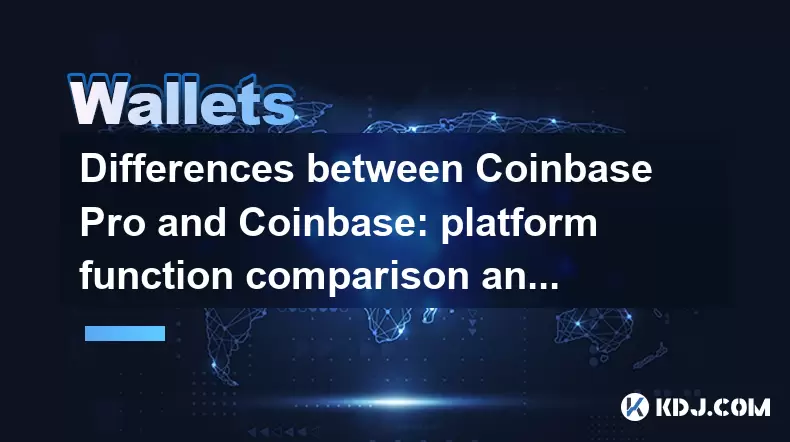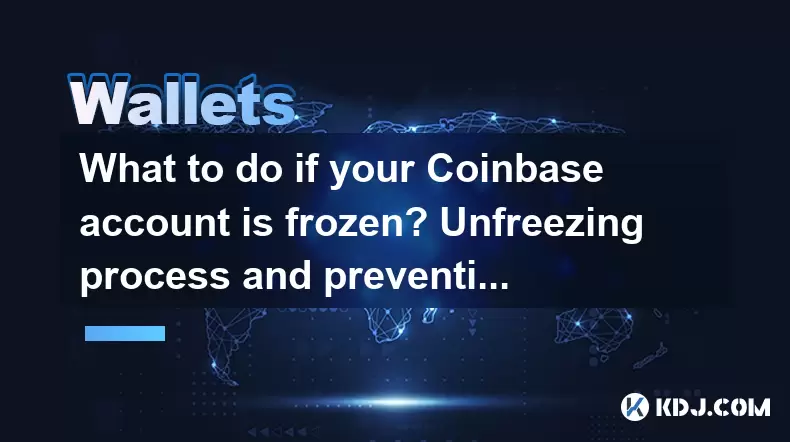-
 Bitcoin
Bitcoin $107,725.9156
0.27% -
 Ethereum
Ethereum $2,481.6786
1.84% -
 Tether USDt
Tether USDt $1.0003
0.01% -
 XRP
XRP $2.2154
1.26% -
 BNB
BNB $658.2447
1.42% -
 Solana
Solana $157.2028
4.24% -
 USDC
USDC $1.0000
0.02% -
 TRON
TRON $0.2788
0.91% -
 Dogecoin
Dogecoin $0.1655
1.00% -
 Cardano
Cardano $0.5714
2.67% -
 Hyperliquid
Hyperliquid $40.6187
6.30% -
 Bitcoin Cash
Bitcoin Cash $519.8117
5.84% -
 Sui
Sui $2.8338
0.59% -
 Chainlink
Chainlink $13.4150
0.60% -
 UNUS SED LEO
UNUS SED LEO $9.1205
-0.54% -
 Avalanche
Avalanche $18.0666
0.85% -
 Stellar
Stellar $0.2363
-0.46% -
 Toncoin
Toncoin $2.9550
2.57% -
 Shiba Inu
Shiba Inu $0.0...01151
-0.15% -
 Litecoin
Litecoin $86.2252
-0.57% -
 Hedera
Hedera $0.1498
1.51% -
 Monero
Monero $318.0620
3.18% -
 Polkadot
Polkadot $3.4174
-0.02% -
 Dai
Dai $1.0000
0.02% -
 Bitget Token
Bitget Token $4.5444
-1.05% -
 Ethena USDe
Ethena USDe $1.0003
0.00% -
 Uniswap
Uniswap $7.1773
-0.53% -
 Pepe
Pepe $0.0...09916
3.19% -
 Aave
Aave $274.7399
0.32% -
 Pi
Pi $0.5136
-2.06%
How to avoid being hacked when generating a Bitcoin wallet address?
Secure your Bitcoin wallet with a strong password, reputable provider, and regular software updates. Use a hardware wallet, never share your seed phrase, and beware of phishing. Enable 2FA and back up securely.
Mar 14, 2025 at 01:40 am

Key Points:
- Strong password selection is crucial for wallet security.
- Using reputable wallet providers minimizes risks.
- Regular software updates patch security vulnerabilities.
- Hardware wallets offer superior security compared to software options.
- Never share your seed phrase or private keys.
- Beware of phishing scams and malicious websites.
- Enable two-factor authentication (2FA) where available.
- Regularly back up your wallet, but securely.
How to Avoid Being Hacked When Generating a Bitcoin Wallet Address?
Generating a Bitcoin wallet address is the first step in entering the world of cryptocurrency. However, ensuring the security of this address is paramount to avoid potential hacking and loss of funds. This involves a multifaceted approach that combines careful practices and the use of secure technologies. Neglecting these precautions can expose your Bitcoin to theft.
One of the most fundamental aspects of Bitcoin wallet security is choosing a strong password. Avoid easily guessable passwords like birthdays or common words. Instead, opt for a complex password incorporating uppercase and lowercase letters, numbers, and symbols. Consider using a password manager to generate and securely store strong, unique passwords for each of your online accounts.
The choice of wallet provider significantly impacts your security. Reputable and established wallet providers invest heavily in security measures, employing advanced encryption techniques and rigorous security audits. Conversely, lesser-known or poorly reviewed providers may have vulnerabilities that expose your Bitcoin to hackers. Thoroughly research any provider before entrusting them with your funds.
Software updates are crucial for maintaining the security of your Bitcoin wallet. Software developers regularly release updates that patch security vulnerabilities and address potential exploits. Ignoring these updates leaves your wallet susceptible to attack. Enable automatic updates whenever possible to ensure your software remains up-to-date and protected.
Hardware wallets provide a significant upgrade in security compared to software wallets. They store your private keys offline, making them virtually immune to online attacks such as phishing or malware. While slightly more expensive, the enhanced security offered by a hardware wallet is often considered worth the investment for those holding significant amounts of Bitcoin.
Your seed phrase, also known as a recovery phrase, is a critical piece of information. It acts as a backup key to your wallet, allowing you to recover access even if you lose your device. Never share your seed phrase with anyone, under any circumstances. This includes family, friends, and even supposed customer support representatives. Treat your seed phrase like a highly sensitive password. Similarly, never reveal your private keys.
Phishing scams and malicious websites are common vectors for Bitcoin theft. These scams often mimic legitimate websites or email communications, attempting to trick users into revealing their private keys or seed phrases. Always verify the legitimacy of websites before entering any sensitive information. Look for secure connections (HTTPS) and check the website's URL carefully for any inconsistencies.
Two-factor authentication (2FA) adds an extra layer of security to your Bitcoin wallet. This typically involves verifying your identity using a second method, such as a code sent to your phone or email. Enabling 2FA, whenever available, significantly reduces the risk of unauthorized access, even if your password is compromised.
Regularly backing up your wallet is essential for data recovery. However, this backup needs to be secured properly. Don't simply save your backup files on your computer's hard drive, as this can be vulnerable to malware or theft. Consider using encrypted cloud storage or physical backups stored in a safe place.
- How do I choose a secure Bitcoin wallet? Consider factors like reputation, security features (e.g., multi-signature, hardware support), and user reviews. Research thoroughly before making a choice.
- What is a seed phrase, and why is it so important? Your seed phrase is a list of words that allows you to recover your Bitcoin wallet if your device is lost or damaged. Never share it with anyone.
- What are the risks of using a software wallet? Software wallets are vulnerable to malware, phishing attacks, and online vulnerabilities. They are less secure than hardware wallets.
- How can I protect myself from phishing scams? Be wary of unsolicited emails or messages requesting your private keys or seed phrase. Always verify the legitimacy of websites before entering sensitive information.
- What is the best way to store my Bitcoin seed phrase? Write it down on paper and store it securely in a safe, fireproof location. Consider using a metal plate or a specialized seed phrase storage device. Never store it digitally.
- What are the benefits of using a hardware wallet? Hardware wallets store your private keys offline, making them immune to online attacks like malware and phishing. They offer significantly improved security compared to software wallets.
- How often should I update my Bitcoin wallet software? Update your software as soon as updates become available. This is crucial for patching security vulnerabilities.
- What should I do if I suspect my Bitcoin wallet has been compromised? Immediately change your password, contact your wallet provider's support, and monitor your account for any unauthorized activity. Consider reporting the incident to the relevant authorities.
- Is it safe to use public Wi-Fi to access my Bitcoin wallet? No, public Wi-Fi networks are unsecured and make your wallet vulnerable to attacks. Only access your Bitcoin wallet on a secure and trusted network.
- What steps can I take to enhance the security of my Bitcoin wallet beyond the basics? Consider using multi-signature wallets, enabling 2FA wherever possible, and diversifying your holdings across multiple wallets. Regularly review your security practices.
Disclaimer:info@kdj.com
The information provided is not trading advice. kdj.com does not assume any responsibility for any investments made based on the information provided in this article. Cryptocurrencies are highly volatile and it is highly recommended that you invest with caution after thorough research!
If you believe that the content used on this website infringes your copyright, please contact us immediately (info@kdj.com) and we will delete it promptly.
- Coinbase, Altcoins, and Listings: What's the Buzz?
- 2025-07-01 00:30:11
- Chainlink's Bullish Signals: Investors Bet on Long-Term Value
- 2025-07-01 00:50:12
- Bybit, Kraken, and Tokenized Stocks: A New Era for Trading?
- 2025-07-01 00:30:11
- MicroStrategy, S&P 500, and Crypto News: A Wild Ride for Bitcoin and Beyond
- 2025-07-01 00:55:11
- Week Review: Neo Updates, Crypto Market Movers, and the Stablecoin Evolution (June 23-29)
- 2025-07-01 01:00:12
- Crypto.com & dYdX: Derivative Trading Revolutionized for Everyone
- 2025-07-01 00:35:12
Related knowledge

Coinbase price alert settings: real-time monitoring of market fluctuations
Jun 29,2025 at 07:00am
Setting Up Coinbase Price AlertsTo begin real-time monitoring of market fluctuations on Coinbase, users can utilize the built-in price alert feature. This function allows you to receive notifications when a cryptocurrency reaches a specific price point. To access this setting, open the Coinbase app or log in via the web platform. Navigate to the 'Prices...

How to stake cryptocurrencies on Coinbase? Benefits and risks
Jun 27,2025 at 06:36pm
Understanding Cryptocurrency Staking on CoinbaseStaking cryptocurrencies involves locking up digital assets to support the operations of a blockchain network, typically in return for rewards. Coinbase, one of the most popular cryptocurrency exchanges globally, offers staking services for several proof-of-stake (PoS) coins. Users can stake their holdings...

Differences between Coinbase Pro and Coinbase: platform function comparison and analysis
Jun 29,2025 at 08:21am
Overview of Coinbase and Coinbase ProWhen exploring the cryptocurrency trading landscape, users often encounter two platforms under the same parent company: Coinbase and Coinbase Pro. While both are operated by the same organization, they cater to different types of users and offer varying features. Coinbase is primarily designed for beginners and casua...

What to do if your Coinbase account is frozen? Unfreezing process and preventive measures
Jun 30,2025 at 03:49am
Understanding Why Your Coinbase Account Might Be FrozenIf your Coinbase account is frozen, it typically indicates that the platform has detected suspicious activity or potential violations of its terms of service. This could be due to a variety of reasons such as unusual login attempts, high-risk transactions, or incomplete verification steps. Coinbase ...

How to contact Coinbase customer service? Support channels and response times
Jun 28,2025 at 01:29pm
Contacting Coinbase Customer Service: Support Channels and Response TimesIf you're a user of Coinbase, reaching their customer service team may become necessary for various reasons, such as account verification issues, transaction disputes, or technical difficulties. Understanding the different support channels available and what to expect in terms of r...

Coinbase advanced trading function usage tutorial: limit orders and market orders
Jun 28,2025 at 09:07pm
Understanding the Difference Between Limit Orders and Market OrdersWhen using Coinbase's advanced trading features, it is crucial to understand the fundamental difference between limit orders and market orders. A market order executes immediately at the best available price on the market. This type of order ensures that your trade goes through quickly, ...

Coinbase price alert settings: real-time monitoring of market fluctuations
Jun 29,2025 at 07:00am
Setting Up Coinbase Price AlertsTo begin real-time monitoring of market fluctuations on Coinbase, users can utilize the built-in price alert feature. This function allows you to receive notifications when a cryptocurrency reaches a specific price point. To access this setting, open the Coinbase app or log in via the web platform. Navigate to the 'Prices...

How to stake cryptocurrencies on Coinbase? Benefits and risks
Jun 27,2025 at 06:36pm
Understanding Cryptocurrency Staking on CoinbaseStaking cryptocurrencies involves locking up digital assets to support the operations of a blockchain network, typically in return for rewards. Coinbase, one of the most popular cryptocurrency exchanges globally, offers staking services for several proof-of-stake (PoS) coins. Users can stake their holdings...

Differences between Coinbase Pro and Coinbase: platform function comparison and analysis
Jun 29,2025 at 08:21am
Overview of Coinbase and Coinbase ProWhen exploring the cryptocurrency trading landscape, users often encounter two platforms under the same parent company: Coinbase and Coinbase Pro. While both are operated by the same organization, they cater to different types of users and offer varying features. Coinbase is primarily designed for beginners and casua...

What to do if your Coinbase account is frozen? Unfreezing process and preventive measures
Jun 30,2025 at 03:49am
Understanding Why Your Coinbase Account Might Be FrozenIf your Coinbase account is frozen, it typically indicates that the platform has detected suspicious activity or potential violations of its terms of service. This could be due to a variety of reasons such as unusual login attempts, high-risk transactions, or incomplete verification steps. Coinbase ...

How to contact Coinbase customer service? Support channels and response times
Jun 28,2025 at 01:29pm
Contacting Coinbase Customer Service: Support Channels and Response TimesIf you're a user of Coinbase, reaching their customer service team may become necessary for various reasons, such as account verification issues, transaction disputes, or technical difficulties. Understanding the different support channels available and what to expect in terms of r...

Coinbase advanced trading function usage tutorial: limit orders and market orders
Jun 28,2025 at 09:07pm
Understanding the Difference Between Limit Orders and Market OrdersWhen using Coinbase's advanced trading features, it is crucial to understand the fundamental difference between limit orders and market orders. A market order executes immediately at the best available price on the market. This type of order ensures that your trade goes through quickly, ...
See all articles

























































































